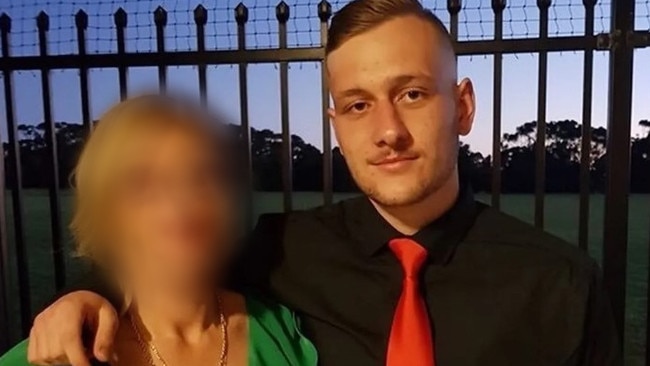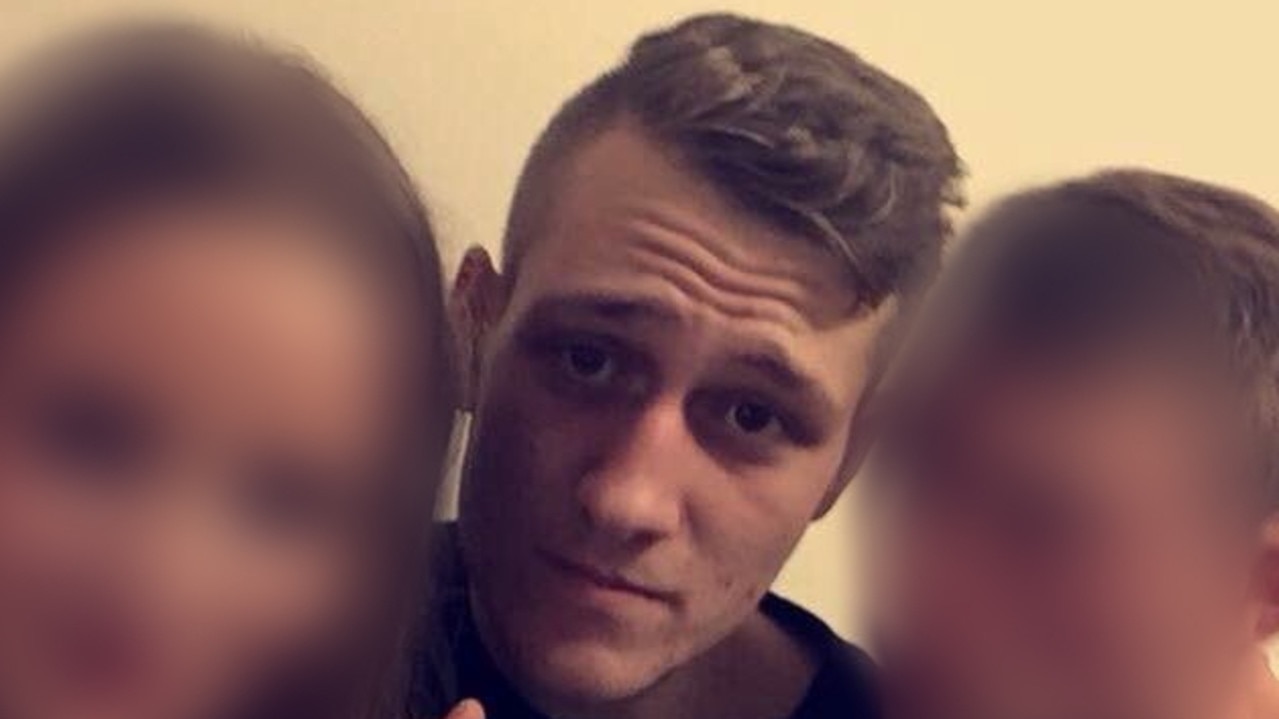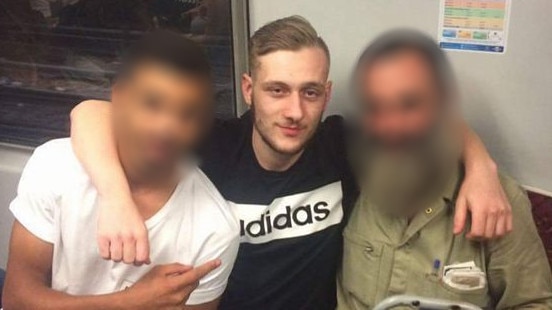Conduct of social worker ‘not satisfactory’ during phone call before SA Police shooting death of Kobee Huddy
A social worker’s conduct during a call with a young man in a mental health crisis was “not satisfactory”, an inquest has found, and played some part in his police shooting death.
Police & Courts
Don't miss out on the headlines from Police & Courts. Followed categories will be added to My News.
The conduct of a mental health social worker while taking a call from a young man seeking help less than an hour before he was shot dead by police was “not satisfactory”, an inquest has found.
Deputy State Coroner Ian White handed down his findings on Friday into the death of Kobee Huddy, 20, at Seaton on May 25, 2019.
Despite his finding regarding the conduct of the call taker, Mr White made no recommendations on what could prevent a similar death in the future, citing measures that had already been acted upon since the incident.
Mr White also found the officer who shot Mr Huddy was justified in taking such action and did so in self-defence.
The inquest, which began in May last year, probed the circumstances surrounding Mr Huddy’s death. He died from a single gunshot wound to the chest.
The court had previously heard that his mental health had been declining in the lead up to the shooting.
On the morning of May 25, Mr Huddy called a mental health triage service, seeking help.
In an audio recording of the phone call, released by the court, Mr Huddy could be heard telling the operator he wanted advice and the operator responded with: “Like what? I haven’t got any special advice”.
Mr Huddy also told the operator that he had been discharged from hospital just hours earlier for self-harm and was now “dripping blood”.

In audio previously played in court, the social worker told an ambulance staff member that Mr Huddy was “playing games again” and “speaking in riddles”.
Central Adelaide Local Health Network medical lead of the mental health clinical program Dr Marcia Fogarty provided an expert review of the call between Mr Huddy and the social worker during the inquest and concluded the operator appeared “at times to be dismissive and abrupt”.
Dr Fogarty said it was her opinion that the social worker’s conduct was “below the standard that I would expect from a mental health clinician”.
The social worker told the court it was not her intention to be “disinterested” or “rude” and she believed a “direct and forceful approach was what was required on this day for Kobee to have the opportunity to be safe and treated for this acute proper crisis presentation”.
Mr White found that ultimately the social worker transferred Mr Huddy’s call through to the SA Ambulance Service, which he believed “was the correct decision,” however Mr Huddy did not remain on the line.
He stated the phone call was one of a number of factors that contributed to the circumstances of that day.
“I believe that (the social worker’s) conduct of this call was not satisfactory,” Mr White said.
The court had been told that after the call, Mr Huddy phoned emergency services and said he had a gun and was going to shoot police officers.
The tenor of the two calls were completely different despite being only minutes apart, the inquest heard.

Police arrived at a property in Seaton shortly after and a lone officer was asked to drive past the house where Mr Huddy had said he was.
The officer saw a car leaving the property and pulled it over.
The court heard Mr Huddy, who was a passenger in the vehicle, got out of the car while holding a 30cm-long kitchen knife.
The officer drew his gun and walked backwards, away from Mr Huddy, while radioing for urgent assistance.
As back-up arrived, Mr Huddy took two rapid steps forward, towards the officer, who fired a single shot into Mr Huddy’s chest.
Mr Huddy fell to the ground and told the first officer who rendered assistance that he was “sorry”.
He died two hours later in hospital.

Mr White found Mr Huddy, who had been diagnosed with Borderline Personality Disorder, was a “good young man who found it difficult to control his emotions and reactions to stressful and/or disappointing situations”.
In handing down his findings on Friday, Mr White made no recommendations on the basis that mental health organisation Headspace had already made representations to the federal government on long-term solutions for mental health services, as advocated by Mr Huddy’s mother Belinda Huddy, and these were being considered.
Mr White also noted that SA Police were also trialling mental health nurses accompanying police patrols in Adelaide’s north and he encouraged the force to further develop the strategy if feasible.






